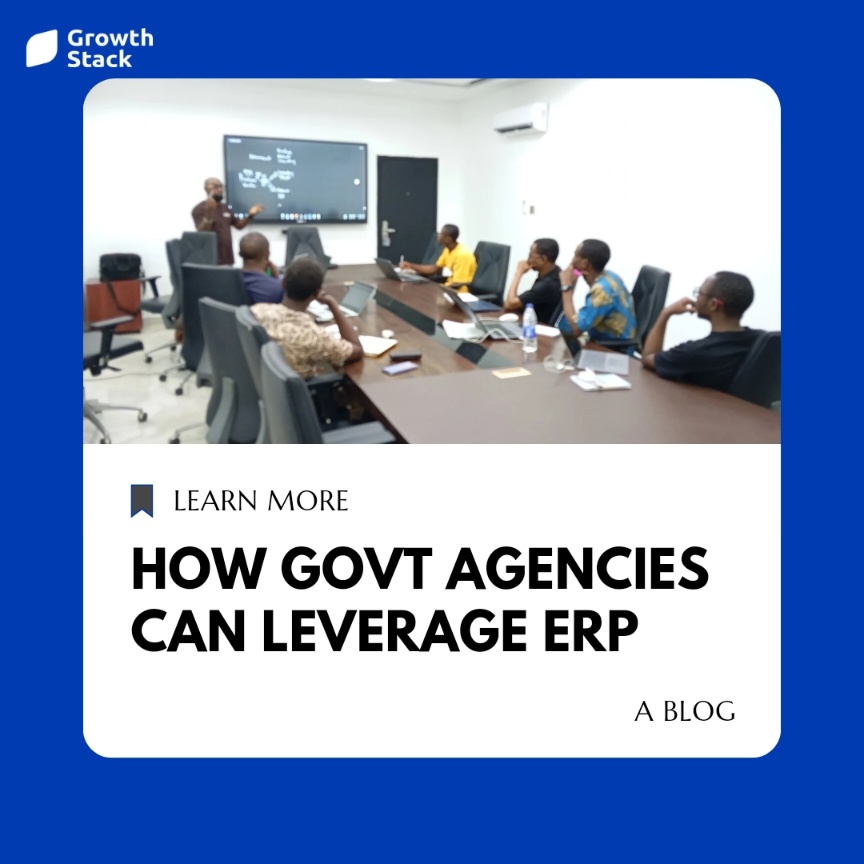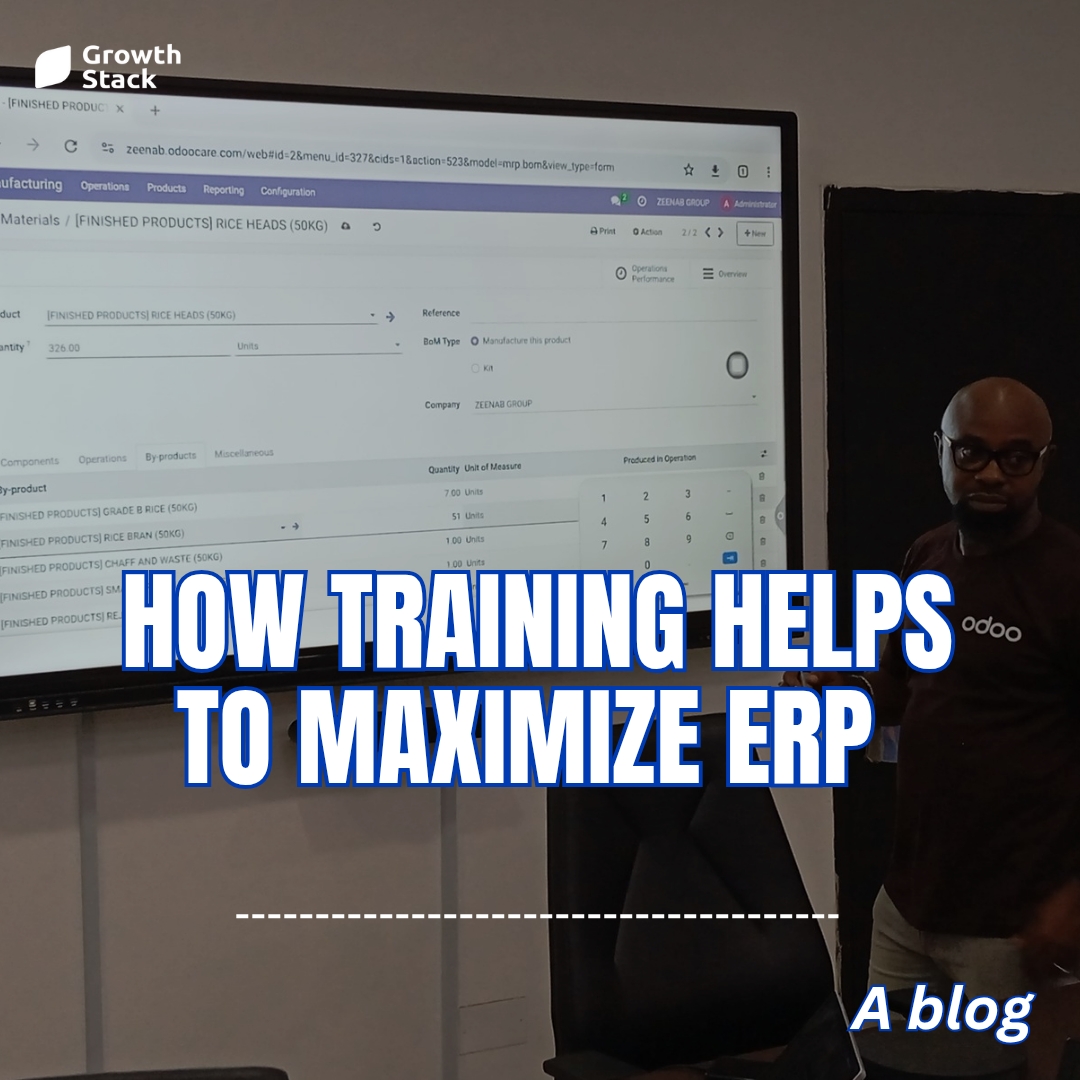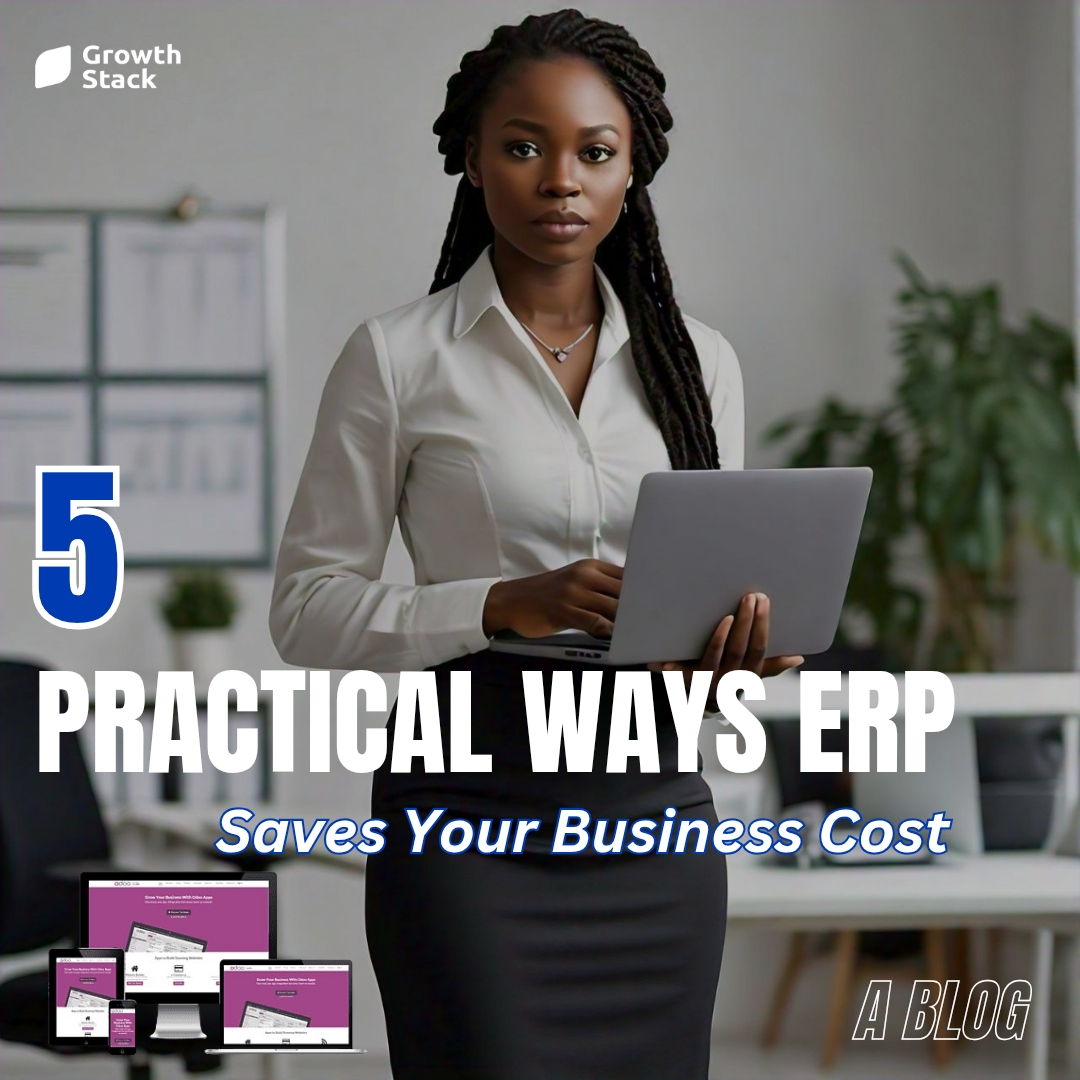Government agencies, like private sector organizations, face the challenge of managing vast amounts of data, streamlining operations, and ensuring efficient service delivery. To address these challenges, government agencies can leverage ERP systems to centralize data, automate workflows, and improve accountability. ERP (Enterprise Resource Planning) solutions are designed to integrate and optimize diverse government functions such as finance, human resources, procurement, and project management. Here’s how ERP systems empower government agencies to achieve higher efficiency and transparency in their operations.
1. Centralized Data Management
One of the primary reasons government agencies leverage ERP systems is for centralized data management. Traditionally, data in government agencies is stored across multiple, disconnected systems, making it difficult to access and analyze. ERP systems consolidate all this data into a single, unified platform, allowing for easy data retrieval and improved data accuracy.
By leveraging ERP, government agencies can significantly reduce the time required for data entry, minimize data errors, and ensure consistency across departments. Centralized data also allows for real-time monitoring, making it easier for government officials to make data-driven decisions.
2. Streamlined Operations and Process Automation
ERP systems can streamline government operations by automating repetitive tasks and complex workflows. By integrating all operational areas into one system, government agencies can leverage ERP to automate time-consuming processes such as payroll, procurement, and budgeting. Automation helps reduce human errors, cut down on administrative costs, and free up employees to focus on higher-value tasks.
For example, automating payroll with an ERP system can eliminate manual calculations, reduce paperwork, and ensure timely payment of employees. This efficiency improvement is especially critical for large government agencies handling thousands of employee records.
3. Enhanced Financial Management and Transparency
Effective financial management is crucial for government agencies. ERP systems provide real-time access to financial data, enabling accurate budgeting, expense tracking, and financial reporting. Government agencies leveraging ERP can streamline financial processes, improve budgeting accuracy, and ensure compliance with regulatory standards.
An ERP system can track every transaction across departments, providing a transparent record of all expenditures. This enhanced transparency reduces the risk of fraud and promotes accountability, which is essential for building public trust in government operations.
For further insights into how ERP systems support government financial management, refer to this detailed ERP Guide for Public Sector.
4. Improved Human Resources and Payroll Management
Managing a government workforce requires extensive record-keeping and tracking of employee performance, leave, and payroll. Government agencies leveraging ERP systems benefit from an integrated HR module that centralizes all employee data, simplifying the management of personnel records and payroll.
With ERP, government agencies can automate HR processes, including employee onboarding, benefits administration, and performance reviews. This improves employee satisfaction and operational efficiency, as HR staff can dedicate more time to strategic initiatives rather than manual data entry.
5. Better Decision-Making with Real-Time Data
Real-time access to data is critical for effective decision-making. Government agencies can leverage ERP systems to provide decision-makers with up-to-date information across all departments. This enables government officials to respond more effectively to challenges, allocate resources efficiently, and make informed decisions to meet public needs.
With ERP’s robust reporting capabilities, government agencies can generate comprehensive reports on demand, making it easier to monitor performance and identify areas for improvement. Access to real-time data allows government leaders to identify trends and implement proactive measures to address potential issues.
6. Enhanced Public Service Delivery
Ultimately, the goal of any government agency is to improve public service delivery. ERP systems support this goal by improving the efficiency and transparency of government operations. With optimized workflows and real-time data access, government agencies leveraging ERP can offer faster, more reliable services to the public.
For instance, ERP systems can reduce delays in service requests by automating approval processes and tracking service delivery timelines. Additionally, by integrating all departments into a single system, agencies can provide a more cohesive experience for citizens, as information flows seamlessly between departments.
Is ERP Right for Your Government Agency?
As government agencies face increasing pressure to deliver efficient, transparent services, ERP systems offer a solution to streamline operations, centralize data, and enhance decision-making. Whether it’s financial management, HR, or public service delivery, government agencies can leverage ERP systems to improve efficiency and meet their service goals.
When selecting an ERP system, government agencies should consider factors such as data security, scalability, and ease of integration with existing systems. By implementing an ERP solution tailored to their needs, government agencies can improve their operational efficiency and provide better services to the public.













